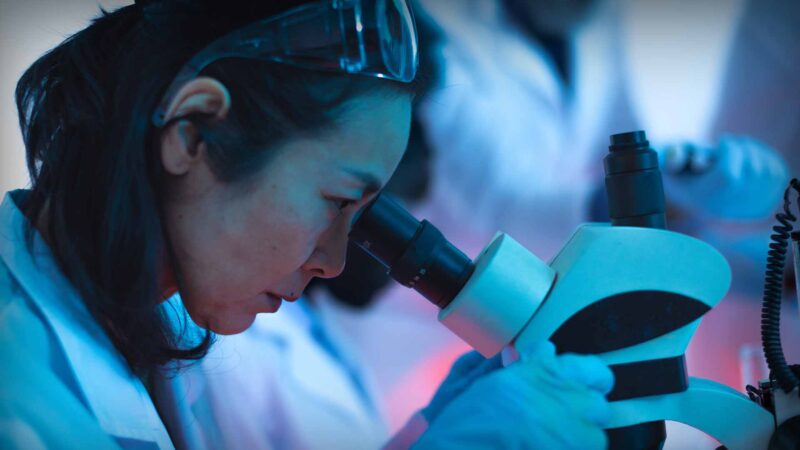CASE STUDY: EVOLUTION IN THE MEDICAL DEVICE SUPPLY CHAIN Cardinal Health and DHL discuss trust and partnership in logistics and back office
With
Steve Thompsett, CEO
DHL Supply Chain Australia and New Zealand
Michael Gardner,
(Former) VP Life Sciences & Healthcare
DHL Supply Chain Australia
Shane McCormack,
Senior Manager Supply Chain
Cardinal Health
Australian Health Journal segment
Filmed in Sydney | April 2025
Supply chain and logistics involve managing products globally, from manufacturing to distribution. This includes international shipping via air and sea, storing products in temperature-controlled warehouses, and delivering them to pharmacies, medical wholesalers, and hospitals within the domestic market.
Michael Gardner, (Former) VP Life Sciences & Healthcare, DHL Supply Chain Australia spoke to Australian Health Journal about the medical device industry being particularly complex; onboarding a new customer at DHL supply chain demands thorough preparation. This process involves understanding the customer’s operations and the lifecycle of their products, from their arrival at the warehouse to their use in patient care. Insight into the customer’s expectations is crucial to ensure seamless operations.
For Cardinal Health, a global manufacturer and distributor of medical products, the process begins when products arrive in Australia and are cleared by customs before being stored at their Sydney warehouse. From here, they fulfil orders for various clients, including hospitals and wholesalers, supported by DHL’s logistics services.
In this case study, Australian Health Journal was given the opportunity to talk to both the logistics provider and the end medical technology client in what is an evolving medical device supply chain.
Challenges in Australia include a limited manufacturing workforce and the distances to raw material sources, with all imported products being finished goods. Compliance with safety and regulatory standards is essential. In addition to logistics, DHL provides value-added services like equipment repairs and a 4PL service, which includes customer service support and accounts receivable, enhancing efficiency for Cardinal Health.
Credit: MedTech24 Conference, hosted by Medical Technology Association of Australia (MTAA) in Sydney, October 2024.
Source: Written by AUDIENCED, with use of generative AI on transcript
You Might also like
-
Forum fosters dialogue in breast cancer
In October 2024, the Frazier Institute hosted an event dedicated to breast cancer advocacy and research, supported by TRI (Translational Research Institute), National Breast Cancer Foundation, PA Research Foundation, Health Translation Queensland, QUT and The University of Queensland Faculty of Medicine/Frazer Institute.
The key aim of the event co-organised by Associate Professor Joy Wolfram, Group Leader, Australian Institute for Bioengineering and Nanotechnology & School of Chemical Engineering, The University of Queensland was to foster dialogue between breast cancer lived experience advocates (consumers), researchers, and clinicians.
-
Health Minister appoints Chair to National One Stop Shop Program
The Australian Government has appointed Emeritus Professor Ian Chubb AC, FAA FTSE to lead key reforms as Chair of the Inter-Governmental Policy Reform Group (IGPRG) for health and medical research, including clinical trials.
Minister for Health and Aged Care, The Hon Mark Butler MP on the selection and appointment said, “Professor Chubb has dedicated his career to improving health and medical research and education in this county and I am pleased he has agreed to share his knowledge and experience through the IGPRG.
-
Still seeking outcomes after 6th Stoma Appliance Scheme Schedule Review
50,000 Australians have undergone the trauma and challenge of having a stoma inserted. Whilst the Australian Government invests in the appliances and products they need through the Stoma Appliance Scheme (SAS), this list is dated and doesn’t include as many of the products available in other countries. A new report commissioned by the Stoma Industry Association (SIA) shows Australia lagging countries such as the United Kingdom, Canada and Spain in supporting ostomates (people with a stoma).



